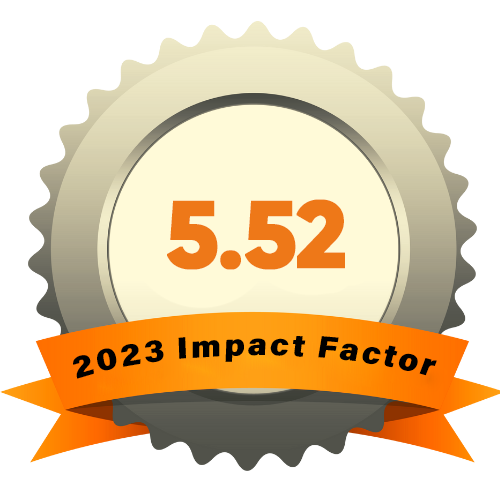IMPLEMENTING AI IN WRITING CLASSES: BENEFITS AND CHALLENGES (GRAMMARLY)
Keywords:
Artificial Intelligence, AI writing tools, writing skills, writing instruction, benefits, challenges, integration of AI.Abstract
Integrating Artificial Intelligence (AI) into education, namely writing classes offers promising avenues for upgrading education outcomes. This paper investigates the advantages and challenges associated with implementing AI tools in writing lesson. By employing a mixed methods approach, we analyze the experiences of students in utilizing AI-generated writing technologies. To carry out this scientific research we also used qualitative data approach by analyzing previous studies and we collected data regarding the potential benefits of AI-driven writing tools and problems that students face during utilization of AI. The findings of the study highlight the multifaceted advantaged of AI, including personalized feedback, real-time support, improved writing fluency, automated grading system of AI, and increased engagement. However, the study shows that challenges, such as ethical concerns, over-reliance on AI, privacy concerns, algorithmic biases, and technological limitations also emerge. Through a comprehensive examination of these factors, this research contributes to a deeper understanding of the complexities surrounding AI integration in writing education and provides insights for effective implementation strategies.
References
AI in the foreign language classroom: A pedagogical overview of automated writing assistance tools, by Wael Alharbi, “Hindawi Education Research International” [2023]
AI-writing tools in education: if you can’t beat them, join them, by Waverly Tseng and Mark Warschauer, [2023]
Amazement and Trepidation: implications of AIbased natural language production for the teaching of writing, by Chris M. Anson, “Journal of academic writing” [2022]
Application of Artificial Intelligence powered digital writing assistant in higher education: randomized controlled trial, by Nabi Nazari, Muhammad Salman Shabbir, Roy Setiawan. “Heliyon”, [2021]
Partnering with AI: Intelligent writing assistance and instructed language learning, by Robert Godwin-Jones, “Language Learning & Technology” [2022]
The impact of AI writing tools on the content and organization of students’ writing: EFL teachers’ perspective by Marzuki, Utami Widiati, Diyenti Rusdin. “Cogent Education”, [2023]












